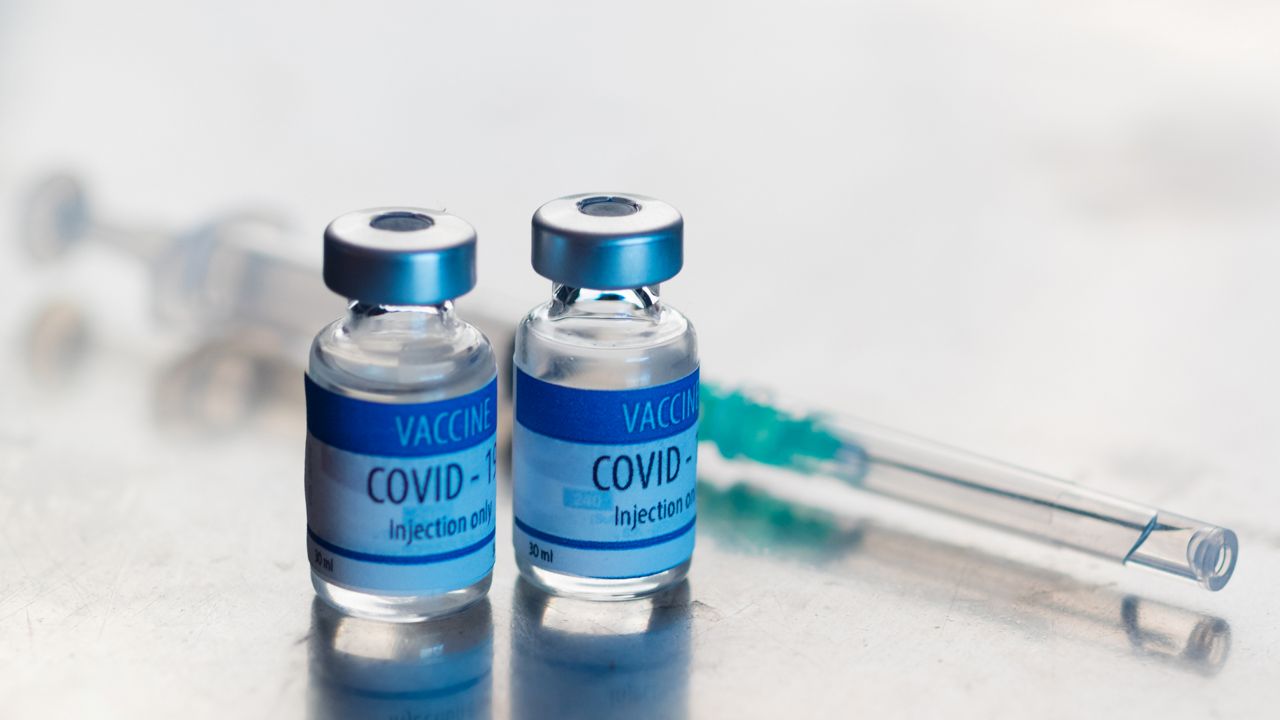MILANO – First spring session uncertain for international stock exchanges, while the Turkish lira collapsed by more than 15 percentage points after the ousting of the president of the central bank – Nacil Agbal, a penalty shooter capable of restoring confidence in the markets after months of pressure on the local currency – by Erdogan. The governor has paid for the recently decreed rate hike to curb inflation and in his place comes the former parliamentarian Sahap Kavcioglu, former member of the AKP of Erdogan and economic commentator of the pro-government newspaper Yeni Safak. The Turkish currency stood at 8.47 against the dollar in Asian startup trade, improving only slightly over the day to 7.88. Paradoxically, Ankara’s currency is now just a few steps away from the lows it had recorded before Agbal arrived.
The global market situation is also weak due to the many points of tension suggested by the news of the last few hours. In Europe, the vaccination campaign worries which needs a snapshot and could put the Old Continent on a collision course with the UK. There is also concern that Germany may extend its restrictions. Even on the US-China front the barometer has returned to bad weather, with accusations directed at Tesla Elon Musk to be an “espionage” vehicle by the American industry with respect to the habits of Asian consumers.
The European lists therefore closed mixed. Milano improves and after a negative start and closes at + 0.26%. On the other hand, the others are down: Frankfurt turns positive by 0.21%, Paris slips by 0.42% while London earns 0.34 percent.
Upward indications from Wall Street: the Dow Jones starts weak then rises by 0.18%, the S&P 500 rises by 0.73% and the Nasdaq strengthens at + 1.59%. In the meantime, the US also sees a sharp slowdown on the cryptocurrency front, with the president of the Fed Jerome Powell who explained that “crypto-assets such as Bitcoin are highly volatile and do not serve to put aside value, they are more like speculative assets, more similar to gold than to the dollar”.
The new maxi-contract of Saipem collected by Qatargas worth over a billion dollars and related to the North Field Production Sustainability Pipelines Project, located off the north-eastern coast of the Qatar peninsula.
Stable closure for the spread between ten-year BTPs and German Bund counterparts which closes at 96 points. The yield on Italian bonds stood at 0.645%. The ECB bought 21 billion shares under the Pepp program in the last week, after the 14 billion the previous week: as reiterated today in a blog post by the president of the ECB Christine Lagarde, the board of directors decided to significantly increase net purchases in the second quarter to curb the rise in yields and maintain favorable financing conditions. L’euro closed higher above $ 1.19. The single currency changes hands at 1,193 euros and 129.71 yen. The exchange rate between the greenback and the Japanese currency remained stable at 108.68.
Uncertainties that have already weighed on Tokyo Stock Exchange, which closed the first session of the week with a sustained decline, in the wake of Friday’s mixed closure of the US stock indices, while the news coming from the Japanese Renesas weighs on the technology sector, already under pressure, which has revised downwards estimates on semiconductor supplies after a fire that affected one of its factories on Sunday. The Nikkei lost 2.07% to 29,174.15, leaving over 617 points on the ground. The People’s Bank of China – the central bank of China – left unchanged the one-year and five-year loan prime rate (LPR) rates at 3.85% and 4.65% respectively, as expected. LPR rates are the benchmark lending rates that are set monthly by 18 Chinese banks.
The prices of the Petroleum they have returned from a 6% fall in the past week and continue to decline also in the afternoon: the WTI for delivery in May is trading at 61.18 dollars a barrel while the Brent for delivery in May is positioned at 64.19 dollars.
– .


